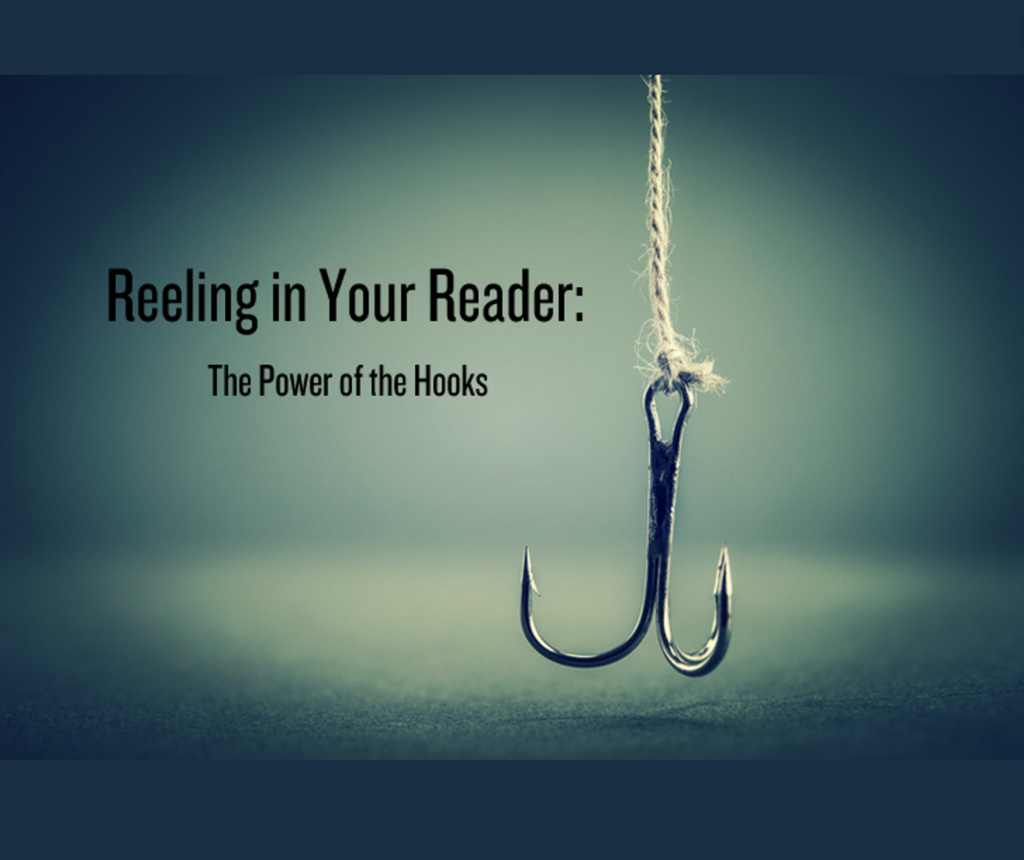Reeling in Your Reader: The Power of Writing Hooks

Captivating your reader’s attention and submerging them deep inside the story world is one of the universal goals for writing hooks. We want our readers to experience the heart hammering, gasping for breath, sitting at their seat’s edge wondering how in the midnight sky their beloved character is going to escape an impossible conundrum. And […]
How to Attract an Editor Part Two

As a writer, I have my job to do. I create works of art, and then let the editors judge whether I have done it well enough for publication. That’s your job, too.
On Editing Your Novel

Over twenty-five years ago I began editing professionally. I began by doing volunteer work as an editor for literary magazines, but my first job was for Brigham Young University, where I helped professors raise their work to publishable levels. Many of the people I worked with were scholars with tremendous expertise in their field of […]
David Farland’s Writing Tips: Surprise and Revelations
An even richer source for surprise than setting is your cast. You can of course use the same techniques for creating surprises in characters as you do for settings. You can for example make a character a bit strange or grotesque. In The Godfather, we are fascinated by Don Corleone because of his strange nature—he’s powerful, seemingly warm-hearted one moment and unbelievably vicious the next.
Why Emotional Beats in an Epic
Part of what makes an epic an epic is that the reader tries to get a panoramic view of life, to experience a wide range of human emotions. I think that Tolkien handled this well in LOTR. He has a lot of warmth and humor and nostalgia in early parts of the story, but then he builds up to terror, despair, and horror. There is some triumph and tragedy and a lingering sense of isolation and remorse for our hero, too.
David Farland Writing Tip: Dream Making
As a storyteller, I make my living as a tour guide of sorts, escorting my audience through vivid dreams. As a guide, I create the setting, with its landscape, history and its wonders. I may suggest entire cultures with imaginary languages and customs. I might develop characters with their own unique habits and ways of […]
David Farland’s Writing Tips: Those Troublesome Transitions
Many new writers figure out how to write great descriptive scenes, but they don’t know very well how to link them together. Let me give you an example. Let’s say that you open a novel to a scene ten pages in that starts, “Let me explain this to you just once: you stay away from […]
David Farland’s Writing Tips—Three Mistakes in Tone
One of the most common problems I see with new writers is a “mistake in tone.” You know what I mean if you’ve ever played in a band. A new kid comes in, you’re trying to play a song, and he blats out a sour note on a trumpet. The same thing happens in writing. […]
David Farland Writing Tips: Style and Tone
Unfortunately, there is so much covered under the umbrella of style and tone that it would take a good long book to deal with it. In fact, I’ve read several good books on the topic, and I can’t cover much here. The word “style” when used in literary circles refers to all of the unconscious […]
David Farland’s Writing Tips: Epic Conflicts
Every story needs three basic elements: a character, in a setting, with a conflict. Most instructors will talk about a number of possibilities when choosing a conflict for a story: man versus nature, man versus self, man versus man, or man versus society. Years ago, a Hollywood script doctor named Michael Hague pointed out that […]


